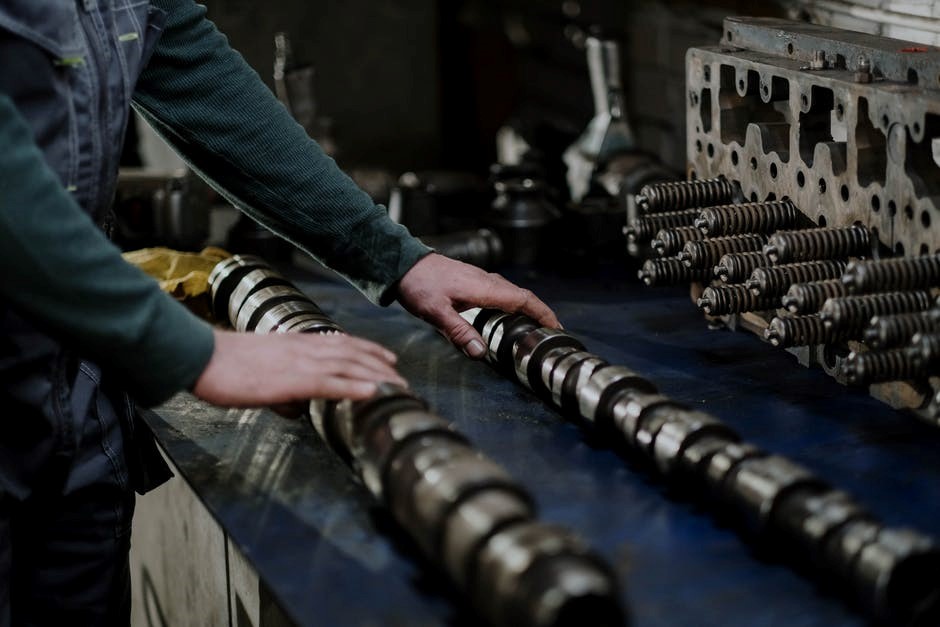If you’re among the nearly 80% of self-financed small businesses, you want your machinery and other equipment to function well. After all, new parts and costly repairs only will gouge into your revenue. Fortunately, there are some telltale signs that will let you know when it’s time to address equipment repair.
Read on to learn how to tell when it’s time to replace parts in a machine!
Replace Aging Heavy Equipment
When you’re trying to determine whether you need new parts or a new machine, determine the age of the equipment. At a certain point, it might be more beneficial to start saving for new equipment. Ideally, you’ll want to have some lead time before the equipment finally stops working.
To determine age, you’ll need to track the hours used on some heavy equipment. For instance, wheel loaders can last up to 12,000 hours while excavators can last around 10,000 hours.
Look at the Cost
Hopefully, you’ve budgeted for routine repairs in your annual projections and business plan. But if you haven’t budgeted enough for unexpected situations, you might need to hold off on new parts.
Imagine that your crane or other heavy equipment loses its engine functionality, for instance. Then you could be looking at a repair that’s over $30,000.
Pipelayers, forest machines, and other track-based equipment might require more frequent repairs, too. The tracks on these pieces of heavy machinery can lose track tension or get materials stuck in the tracks.
Weigh the Impact of Equipment Repair Time
You’ll need to consider how an equipment repair need will disrupt the rest of your production. For example, repairing a bulldozer might limit your ability to clear a site for new construction. Likewise, replacing the tubes will sideline heavy machinery since you’ll lose the ability to drive or steer equipment without the tubes.
Try to time the repair or routine equipment maintenance at points when you’re focused on other aspects of the job. That way, you’ll minimize losses to efficiency in your production line. And while you’re waiting for a lengthier repair, you might be able to rent heavy machinery in the interim period.
Consider the Safety Implications
What would happen if you didn’t address your iCam followers? Your machine could be noisy, and you could risk damaging the rails and other components of the equipment.
If you don’t take care of equipment repair, the results could be even more devastating. You should consider where the equipment is used and stored, as well. Machinery that is exposed to the elements or corrosive impact of treated roads in the winter won’t hold up as long.
Know When to Replace Parts
When you replace parts in heavy machinery, you set yourself up for a more efficient operation in the long run. Look at the age and level of wear and tear on the equipment as you determine if new parts are necessary. And consider the benefits of maintenance versus safety concerns.
Get more tips to keep your business running smoothly. Come back to find new and informative articles.





